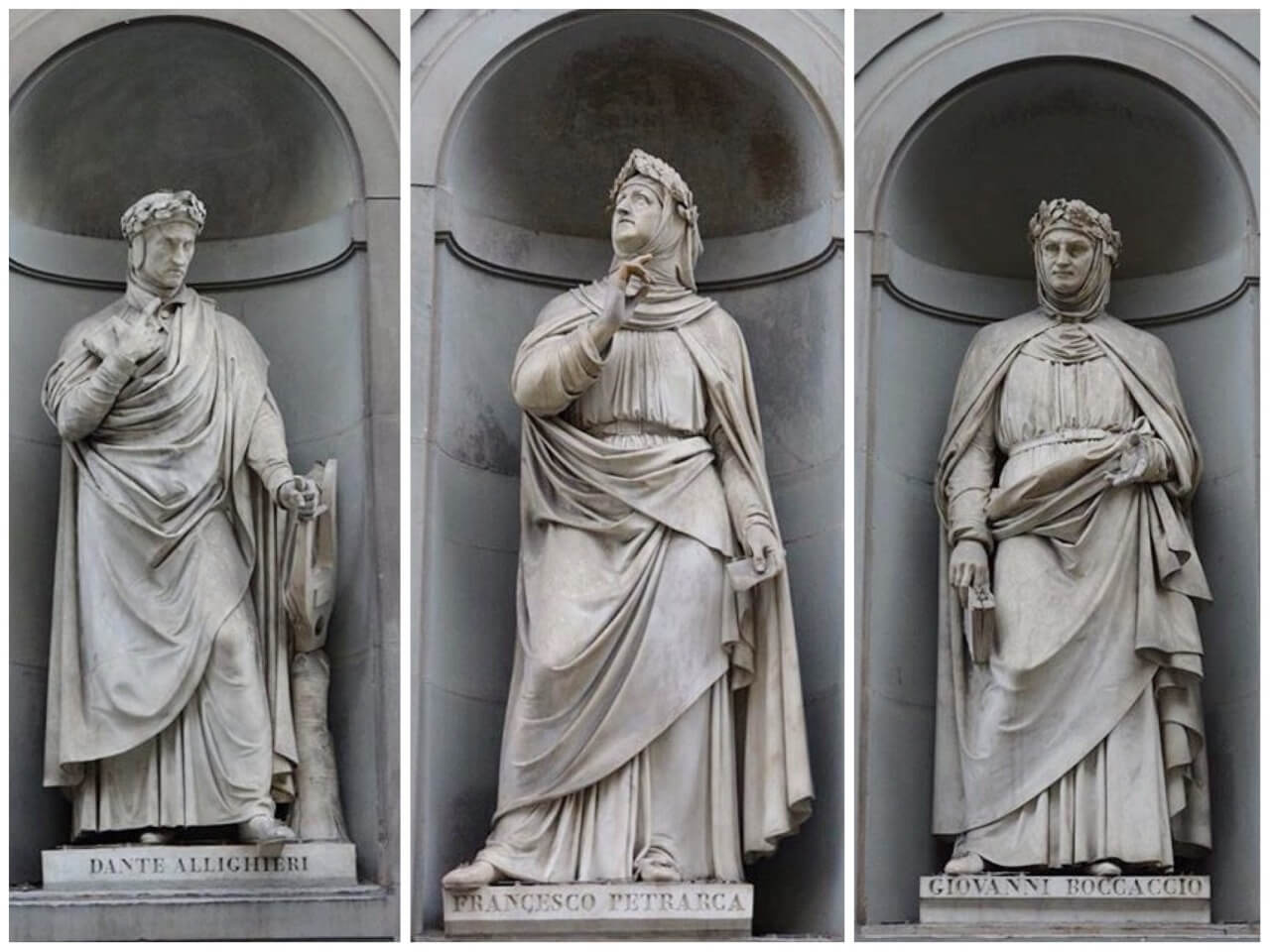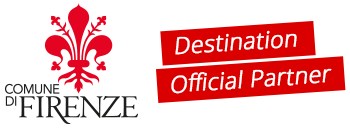
Florence: The Birth Of The Modern Italian Language Thanks To The Great Writers Of The Middle Ages.
Why Italian was born in Florence and "Mundi" - the National Museum of the Italian language.
Did you know that Italian was born in Florence? If you feel like studying Italian because it "sounds like music," Florence is the perfect city because of its history! Discover Belong, the world of foreign students in Florence and the Italian schools the city offers.
The Origin of the Italian Language and the Florentine vernacular: Dante, Petrarch and Boccaccio
After the fall of the Roman Empire, while Latin was still used as the official language in Rome, people in other regions had developed various vernacular languages. The Tuscan language was already beginning to be widely used because of the region's central location and its importance in trade.
In fact, Florence's economic and cultural flowering was beginning, which would later lead it to be forever the cradle of the Renaissance from the 15th century onward, and with it, the birth of some of the most influential writers and figures in literary history: Dante, Petrarch, and Boccaccio. So, during the Middle Ages, their works written in the Florentine vernacular became so famous and read that an enormous influence on both word usage and later writers ensued.
The fourteenth-century Florentine vernacular thus became a new cultured language, an alternative to Latin. Its use continued with artists, intellectuals, and scientists who have revolutionized the world: Leonardo Da Vinci, Michelangelo, Galileo, Machiavelli, Botticelli, and many, many others. The Avengers of the Florentine!
From the sixteenth century onward, the expressions "Tuscan" and "Italian" would be used as synonyms.
The spread of Florentine as the Italian Language
By the first half of the 1800s, Italy's desire to be independent, free from invaders, and united against them was disruptive, and "Florentine" and the literary model of Petrarch, was being chosen by literati as the National Language. The final consecration and elevation of Florentine as a national language came with Alessandro Manzoni's (Milanese author) Promessi Sposi (The Betrothed), which was to become the most famous and most widely read novel of those written in the Italian Language. It is considered the first modern novel, and it sanctioned the birth of the Italian Language, which would later spread to regions where popular dialects continued to be used, thanks to Italian unification in 1861, the spread of radio, the mixing of soldiers for World War I, and the arrival of television.
The Accademia della Crusca was founded in Florence in 1583
Founded in Florence by Leonardo Salviati, it is the oldest linguistic academy in the world. In Italy and around the world, this institution is one of the main points of reference for research on the origin of the Italian Language. It is located in the beautiful Medici Villa in Castello, which can be visited only by appointment on special occasions.
MUNDI - National Museum of the Italian Language in Florence
The MUNDI, the first major museum of the Italian Language, was recently opened in Florence in the former monastery of the Santissima Concezione, within the Santa Maria Novella complex. The museum is a project of the Ministry of Culture together with the City of Florence and the work of a working group in which the top institutions involved in the study and promotion of our language are represented (Accademia della Crusca, Accademia dei Lincei, Società Dante Alighieri, Associazione per la Storia della Lingua Italiana, Istituto della Enciclopedia Italiana Treccani).
Visiting this museum will serve as a reminder that the origin of the Italian language dates back to long before there was a political Italy, and will serve to understand that Language is not a neutral tool but has always been the mirror of society, and Italian is no exception. It carries within it - layered - centuries and centuries of history, but it continues to reflect - day by day - the evolution of our customs, mentality, and habits.
PLEASE NOTE: The museum is temporarily closed to the public due to completion work on the facility and will open in final form by the end of 2023.






 All the services are provided by local merchants
All the services are provided by local merchants By using this site you support Florence
By using this site you support Florence We offer products with high-quality standards
We offer products with high-quality standards You stay sustainable
You stay sustainable It's a 100% trustworthy website
It's a 100% trustworthy website